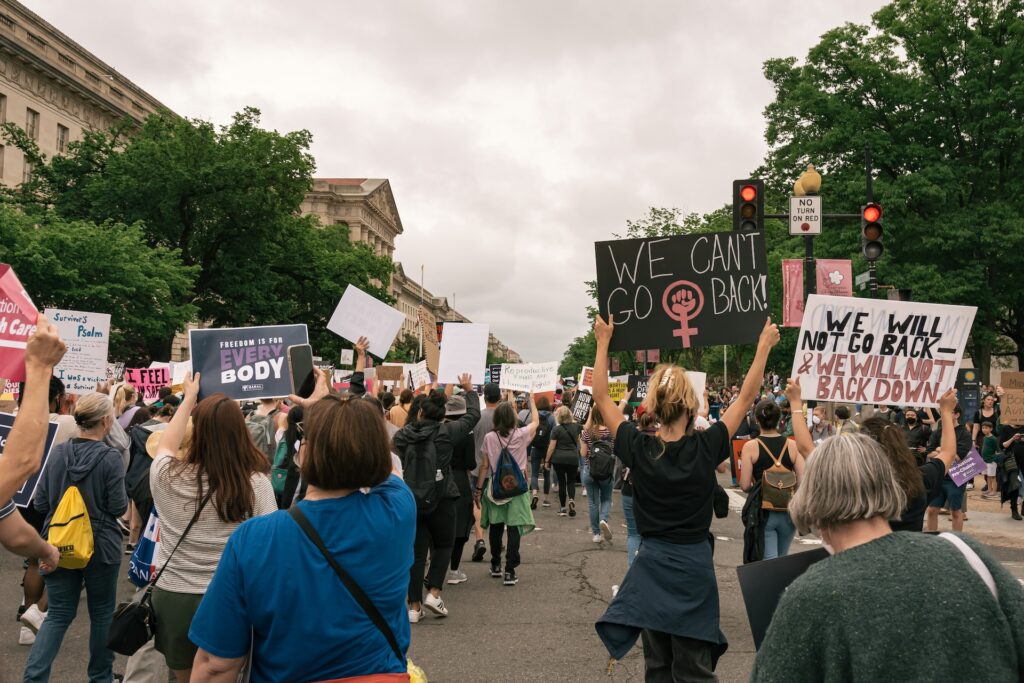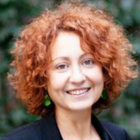What is the role of philanthropy in a post-Roe world?

With the overturning of Roe vs. Wade, the United States joins only three other countries – El Salvador, Nicaragua and Poland – that have rolled back abortion rights since 1994. In the context of an increasingly underfunded reproductive rights movement in the U.S. and globally, the need to reflect on the role of philanthropy in a post-Roe reality has become even more urgent: What is the global impact of this Supreme Court decision, and what is the role of philanthropy in countering the international repercussions of these latest restrictions on women’s rights? A recent gathering of Philea’s Gender Equality Thematic Network brought together experts and foundation representatives to explore these questions.
“Countering anti-gender is broader than supporting sexual and reproductive health and rights, LGBTQI or women’s rights”, said Remi Back, Programme Coordinator for Europe at the European Parliamentary Forum for Sexual and Reproductive Rights (EPF), during the Philea event. “It must address the intersection of human rights, democracy (de-democracy), transparency/corruption & geopolitics”.
A 2021 EPF report reveals an incredibly well-organised, interwoven, consolidated yet clandestine funding system which supports anti-gender actors’ efforts to roll back human rights in Europe, Russia and the U.S. This funding system is producing concrete results in Poland, Italy, Spain and elsewhere. Philanthropic organisations and others wanting to counter anti-gender movements need to get out of their comfort zones and stop “playing the nice ones”, said Back. New skillsets are required to develop proactive strategies to neutralise specific anti-gender actors and their strategies; and continuous and in-depth research and investigations need to be developed to keep the anti-gender actors on the defensive. “Discover, disarm, dislocate, demonetise and defence: These are the 5 Ds that frame my recommendations to develop a strategy to counter anti-gender movements,” he said.
Another key area for philanthropy is understanding how hostility to abortion is linked to the overall well-being of women, said C. Nicole Mason, President and CEO of the Institute for Women’s Policy Research, a U.S.-based think tank which has developed a Reproductive Rights Index that estimates the costs of abortion restrictions on state economies. Lack of access to the full range of healthcare services (including abortion) is connected to well-being indicators such as employment and earnings, political participation, and educational opportunities. In a nutshell, women’s well-being suffers in states that limit their reproductive rights. “In the U.S. and globally, reproductive rights and abortion access are usually framed as a moral or ethical issue or as an issue of viability,” said Mason. “Broadening the frame of the lack of abortion access by highlighting its economic impact (increased poverty, economic vulnerability) can be very useful in terms of strategy.”
Ever-evolving societal and political contexts in individual countries represent a third key focus area in these matters. What impact momentous changes such as the overturning of Roe vs. Wade will have correlates strongly with these socio-political conditions on the ground. “A major difficulty is that such conditions evolve rapidly, unpredictably (see Ireland, Sweden, Italy) and often into less democracy in response to societal changes which are perceived within the population and stressed by rightist opinion leaders as adverse and threatening,” said Jean-Jacques Amy, a medical doctor and human rights activist recognised as one of the most prominent voices contributing to the legalisation of abortion in Belgium. This Emeritus Professor of Obstetrics and Gynecology at Vrije Universiteit Brussel and Honorary Editor-in-Chief of the European Journal of Contraception and Reproductive Health Care is also the most frequently convicted doctor for abortion in Belgium (four times).
In his recommendations to philanthropic organisations, Amy suggested that foundations invest “time, energy, and money in young girls and, in particular, in those who are socially and culturally deprived, as well as in their schools and families.” He stressed that gatherings such as this one should lead to the organisations of large campaigns and action groups. He joined C. Nicole Mason in her wish to “create a global community of practice where there are shared learnings, mobilisation and leveraging of resources”.
Countering without creating antagonism, building evidence-based arguments that reframe the impacts of banning the right to abortion, smaller funding that can disrupt malign actions next to bigger and more global funding ‒ these are some of the strategies that were mentioned during the open discussion with the audience.
With mounting pressure on women’s rights, these conversations must continue across relevant thematic collaborations within Philea and beyond, and evolve into meaningful action on the part of philanthropy.
Authors

